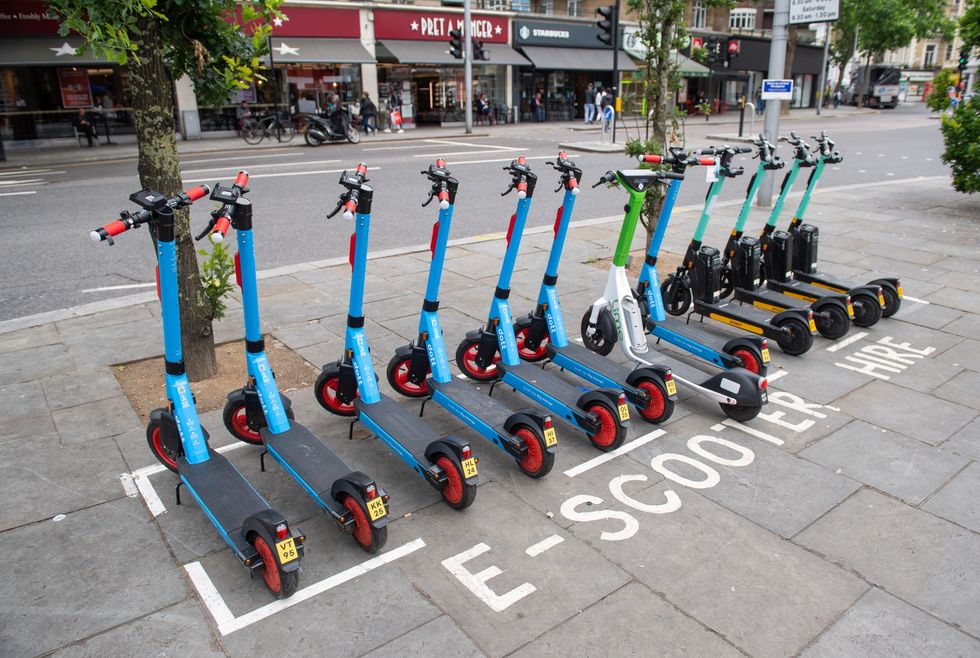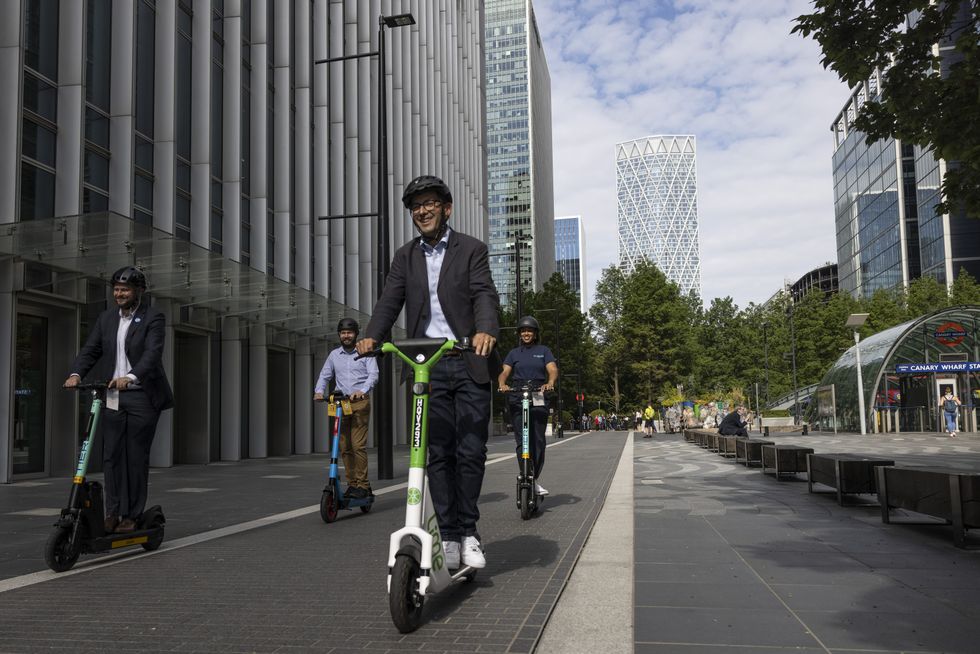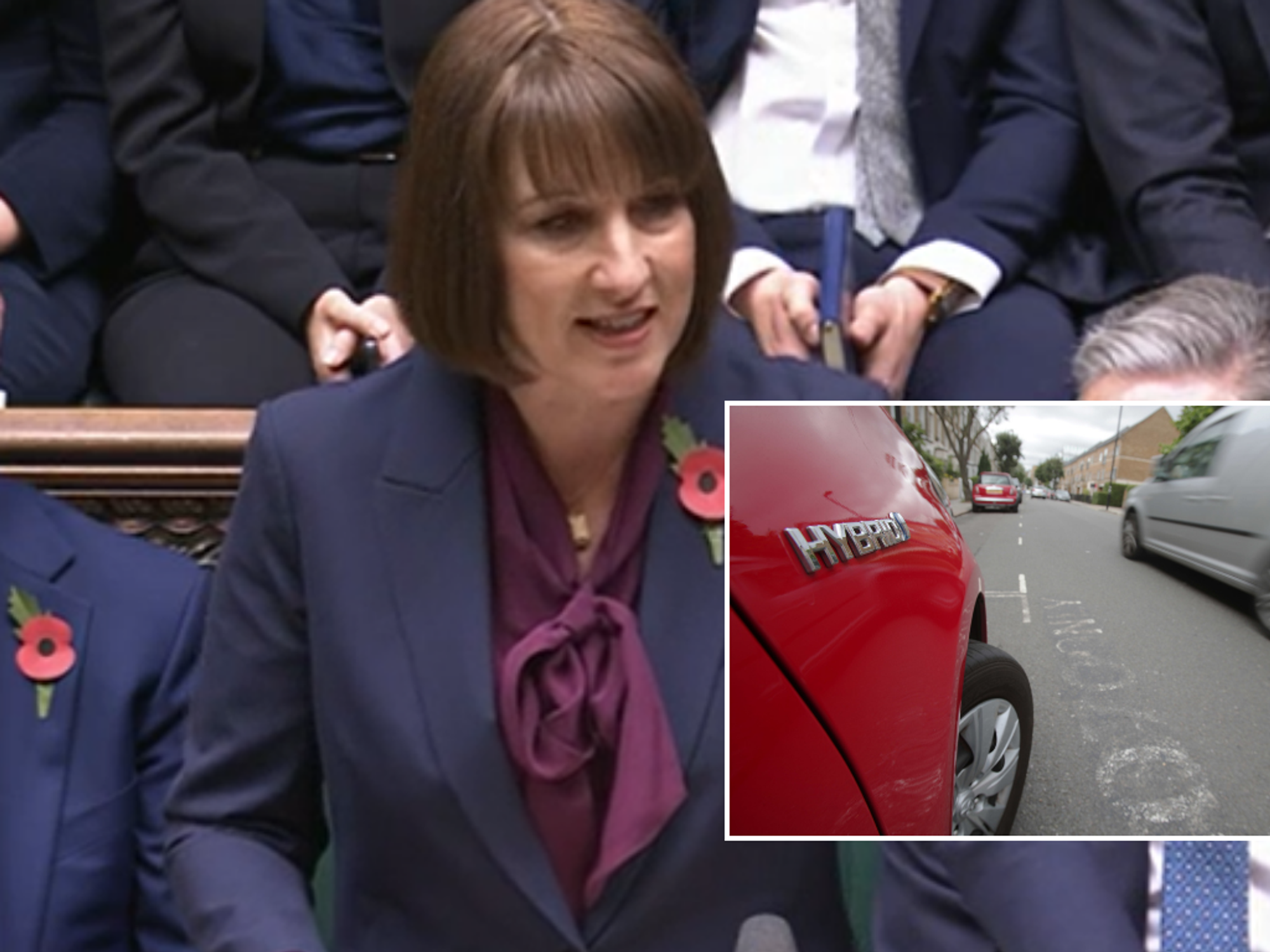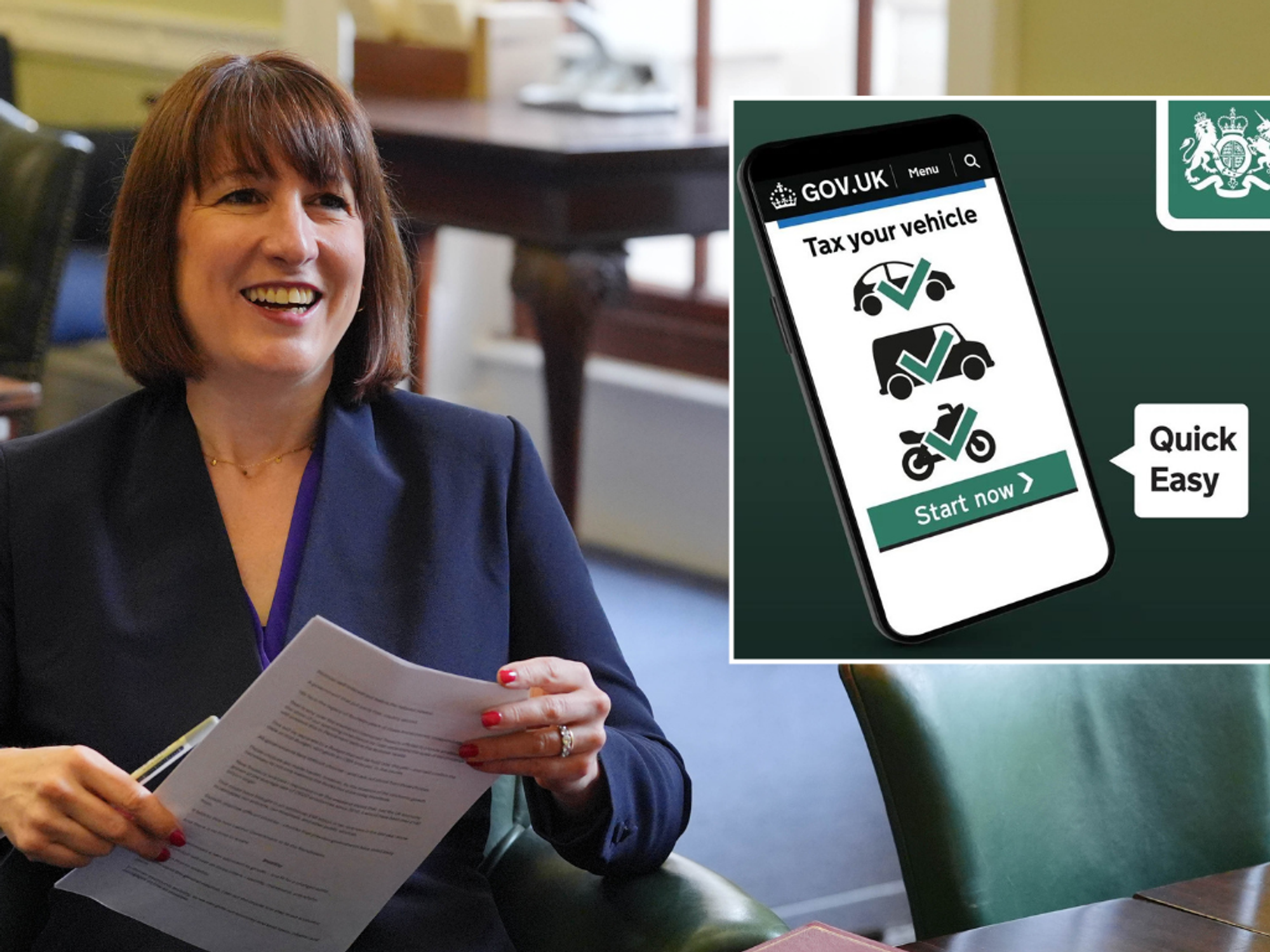Electric scooter rule changes launching today could see more vehicles added to British roads
E-scooter riders could notice changes introduced over the coming weeks
E-scooter trials around the UK were originally meant to end in 2020
Don't Miss
Most Read
Trending on GB News
Nationwide electric scooter trials could expand and see a larger number of vehicles on the road with the latest deadline for local authorities giving them the chance to make major changes to their schemes.
From today, May 31, 2024, the third phase of the national e-scooter trials will conclude, more than two and a half years after the original deadline for the end of the trials.
The latest deadline for electric scooter trials is to allow the Government to reflect on "further analysis or evidence that may be needed and would be beneficial".
This is the penultimate deadline before the Government's current benchmark of May 2026 which will explore changing travel patterns since the coronavirus pandemic.
Do you have a story you'd like to share? Get in touch by emailingmotoring@gbnews.uk

E-scooter riders now need to provide their licence to use their vehicles
PAE-scooter trials were originally set to end on August 31, 2020, but were continually extended to grasp a better understanding of their impact on daily travel, which was impacted by long periods of lockdown.
Local authorities operating e-scooter trials have been given another deadline to amend their schemes, with any changes to existing vehicle special orders (VSOs) needing to be submitted before May 31, 2024.
Potential changes could include changing the geography of the area of operation, the fleet size of the trial or focusing on new strategic local objectives.
Any of these changes will need to go through the current change request process and will be considered by the Government on a case-by-case basis.
Changes that were put forward before the end of May 2024 for new vehicle special orders are set to come into force on June 1, 2024, and expire on May 31, 2026.
Under the rules outlined by the Government, electric scooters involved in trials across the country must be fitted with an electric motor with a maximum power rating of 500W.
It is designed to carry no more than one person, has a maximum speed of 15.5mph, has a mass not exceeding 55kg and has only two wheels.
Under new rules introduced last year, riders need to show their driving licences before using the motor-powered vehicles.
Following December 5, 2023, all new and existing active users of the e-scooter trials must provide their name and driving licence number and submit a photograph of their licence.
As part of the changes, operators needed to ensure they have in-app messaging stating rules including age limits, licence regulations and the boundaries of the zone.
They are now also required to capture and store the information securely, with operators needing to have the capability to share details with the police if requested.
LATEST DEVELOPMENTS:
- UK keyless car theft hitting unparalleled levels - Former burglar reveals how to protect your car from thieves
- Driving law changes launching in June could see petrol and diesel car owners hit with massive fines
- Car carrying 14 people including eight children not wearing seatbelts stopped by police in 'serious offence'

The Government will continue to monitor the use of e-scooters
GETTYThe current trial areas for e-scooters
- Bournemouth and Poole
- Buckinghamshire (Aylesbury, High Wycombe and Princes Risborough)
- Cambridge
- Essex (Basildon, Braintree, Chelmsford and Colchester)
- Gloucestershire (Cheltenham and Gloucester)
- Liverpool
- London (participating boroughs)
- Milton Keynes
- Newcastle
- North and West Northamptonshire (Northampton, Kettering, Corby, Wellingborough, Rushden and Higham Ferrers)
- North Devon
- Norwich
- Oxfordshire (Oxford)
- Salford
- Solent (Isle of Wight, Portsmouth and Southampton)
- Somerset (Taunton, Minehead and Yeovil)
- West Midlands (Birmingham)
- West of England Combined Authority (Bristol and Bath)








